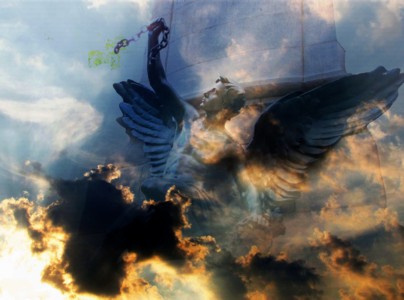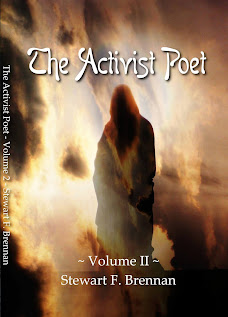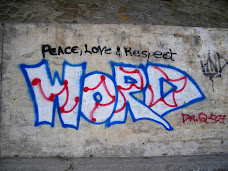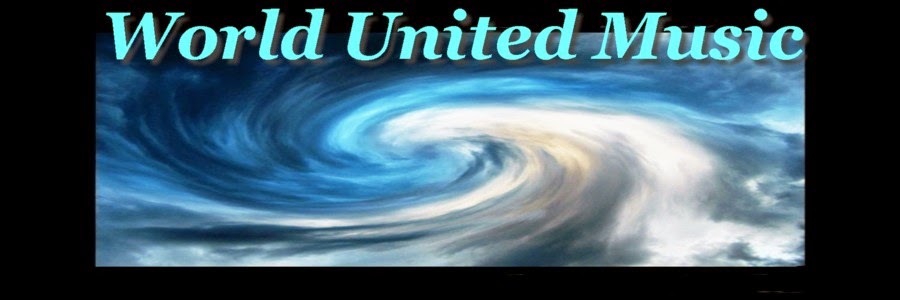
By: Massoud Parsi
Source: Al Jazeera
http://english.aljazeera.net/focus/2010/05/201052271814825709.html
In recent days, the debate surrounding Iran's nuclear programme has taken a number of unexpected and dramatic turns.
On Monday, a joint declaration by Iran, Turkey and Brazil stated that Iran will ship 1,200kg of low-enriched uranium to Turkey in exchange for higher-enriched nuclear fuel for a medical research reactor.
The declaration was the first concrete step toward implementing a proposal presented by Mohamed ElBaradei, the former head of the IAEA, approximately a year before and supported by the UN security council just six months ago.
Grabbing defeat
But what seemed like a major breakthrough brokered by two emerging powers after a long period of failed US-led negotiations quickly turned sour.
Just a day after the declaration, Hillary Clinton, the US secretary of state, announced that the US would submit a resolution at the UN security council for a fourth round of sanctions against Iran, saying the draft was backed by China and Russia, who have previously resisted calls for new sanctions.
The resolution, if passed, would expand an arms embargo and restrictions against Iran's banking sector, as well as banning certain overseas activities, such as uranium mining.
Clinton's evident penchant for more sanctions speaks for itself. What is more, it has emerged in response to a gesture of goodwill from Iran coming bang in the middle of a month-long UN nuclear summit designed to salvage the failing Non-Proliferation Treaty (NPT).
It is this kind of international 'leadership' that grabs defeat from the jaws of victory for the non-proliferation agenda.
It has also reaffirmed the fears of many regarding US intentions: the administration of Barack Obama, the US president, remains every bit as unilateralist as that of George Bush, his predecessor, and it displays equal disdain for multilateral negotiations despite the new rhetoric.
Peace appears to be a non-option for the Nobel Peace Prize winner. And with such 'leadership', the UN security council sinks further towards irrelevance or perhaps even self-destruction.
An economic 'siege'
The timing is apt. Iran marks May 22 as the anniversary of its economic 'siege' by the US.
Following the takeover of the US embassy in Tehran in 1979, Jimmy Carter, the then US president, imposed sanctions on Iran, freezing around $12bn worth of Iranian assets abroad.
But coming as it did during a period of internal upheaval for Iran and shortly before the Iran-Iraq war, the sanctions were initially little more than an irritant for a country facing much greater issues.
In most cases, US-produced goods could be purchased through third parties, adding relatively small transaction costs. And Iranian exports - which tended to be essential items such as oil or high quality goods such as carpets, caviar and pistachios - did not depend on any single market.
In 1995, then US president Bill Clinton expanded the scope of sanctions significantly to include oil, gas and trade, effectively banishing US firms from the Iranian market.
The same year, the US congress also introduced punitive measures against foreign firms investing more than $20mn a year in Iran's energy sector.
Although these sanctions were softened somewhat in 2000, in 2007, Washington imposed sanctions against several major Iranian banks and focused its attention on the Iranian military. This was accompanied by a greater reliance on multilateral sanctions through the UN route to target Iran's nuclear technology.
Insulated
However, Iran's nuclear technology has advanced faster than expected and a 2007 report by the US government accountability office (GAO) found that "since 2003, the Iranian government has signed contracts reported at about $20bn with foreign firms to develop its energy resources. Further, sanctioned Iranian banks may fund their activities in currencies other than the dollar".
What the GAO report could not foresee - because it had forgotten about its domestic accountability issues - was that the 2007 US sanctions against Iranian banks ironically ensured Iran's immunity from the global financial crisis that was about to explode.
Iran was among the few major economies in the world not to be severely affected by the crisis.
Smaller banks from emerging economies, Islamic banking and less formal means of cross-border payments, including cash and 'hawala', provided the best protection for those who were kept out of the ailing Western banking system as a form of 'punishment'.
The same report also shows that Iran's exports grew from $8.5bn in 1987 to $70bn in 2006, representing an 824 per cent increase.
Iran's exports have continued to grow since. According to the Economist Intelligence Unit (EIU), they are expected to reach $82bn this year.
Iran's largest export market is Iraq, followed by China.
As irony would have it, Iran's trade with both countries has grown exponentially since the US invasion of Iraq in 2003.
Moreover, and despite the sanctions, the net flow of foreign direct investment (FDI) into Iran has grown steadily too, save for the 2008-2009 blip. The EIU estimates that Iran's net FDI will rise by 100 per cent within the next four years.
This is partly due to Iran's successful and increasing reliance on 'South-South' trade, which effectively translates into her own sanctions against the West.
As an example, the China National Petroleum Corporation (CNPC) is due to start drilling in the South Pars field shortly as part of a $5bn project signed last year. The CNPC was chosen as a new partner to replace France's dithering Total.
Lost opportunities
But the greatest costs of international sanctions have been shouldered by Iranian civilian airline passengers - hundreds of whom have died over the past few decades in accidents that are thought to be directly or indirectly related to sanctions against Iran's aging civilian fleet of Boeing jets.
Iranian aviation safety has been hard hit by US sanctions, which, according to the International Civil Aviation Authority, are in contravention of article 44 of the Chicago Convention, the document that established the rules of airspace and aircraft safety.
There have also been opportunity costs associated with the sanctions.
While Iran's real growth rate of around five per cent a year for close to a decade has far outpaced that of Western economies, it has been slower than that of the fastest emerging economies like China, Brazil, India and Vietnam, to name a few.
Furthermore, and in anticipation of extended sanctions, a number of multinational oil companies have recently ceased supplies of refined petroleum to Iran.
Access to foreign technology has been hampered and scientific cooperation with some Western countries has been affected.
Iranian businesses have had to rely on their Persian Gulf contacts and others in the diaspora for trade transactions, incurring additional financial and time costs.
The United Arab Emirates and Singapore have emerged as two of Iran's largest trading and foreign investment partners, although European countries as a group also form a substantial trade partner.
The Iranian government has responded to the increased costs by reducing other transaction costs for Iranian exporters. These include reduced freight costs and taxes for certain types of goods and greater use of expanded and improved free trade zones and special economic zones.
Iran has also set some ambitious targets for elevating her 'ease of doing business' ranking in the region. The index is a World Bank tool for comparing business environments across various countries, and Iran currently ranks in the mid-range compared to other countries in the region.
Growing with the flow
According to International Monetary Fund (IMF) figures, Iran is the sixteenth largest economy in the world, consistently enjoys healthy growth rates and trade balances, and has a low national debt burden.
Despite having had one of the youngest populations in the world for the past two decades, the Iranian unemployment rate has stabilised at around 12 per cent since approximately a decade ago.
The country's economy is also one of the most diversified in the region, second only to that of Turkey.
Iran's petrochemical exports have grown 15-fold since 2000 and her steel and car manufacturing industries are the largest in the region with outward investments in several countries.
More importantly, Iran is among only a few countries learning to master high tech areas such nanotechnology, nuclear technology and space exploration.
In addition, it has one of the most sophisticated military industries in the region, despite having one of the lowest military budgets.
New world order
The public relations coup scored by Brazil and Turkey was far greater than a search for solutions to the West's attempted siege of Iran's economy.
In a single move, they not only exposed the intransigence of Obama, they showed themselves to be in tune with world opinion.
In throwing a direct challenge to the US, they provided a concrete demonstration of a new world order.
It was a call for a better way of doing business with each other in a new age of connectivity and, in the process, gave their shared aim of reforming the UN security council a major boost.



















a.jpg)

a.jpg)





No comments:
Post a Comment
Thanks for commenting on this post. Please consider sharing it on Facebook or Twitter for a wider discussion.